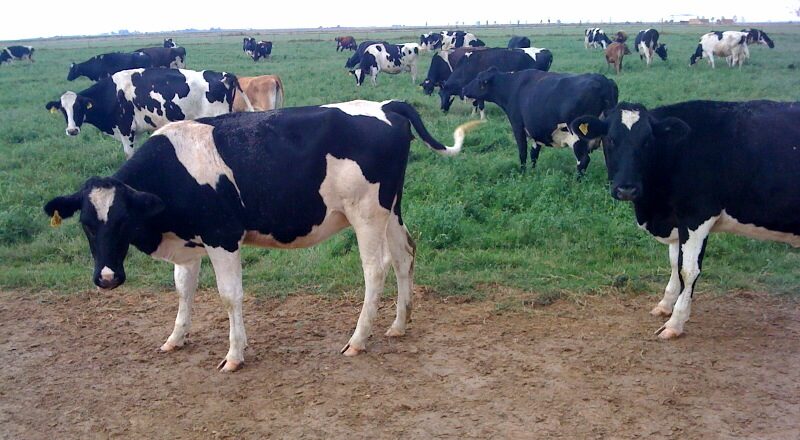Is the UK set to drop its ban on hormone treated beef?
Canada ups ante to put pressure on UK trade policy.

The UK government want to sign two trade agreements, which could see imported hormone-treated beef on our supermarket shelves. First of all, they are pursuing bilateral trade negotiations with Canada. Announcing the start of talks at a press conference last week the Canadian government made clear that access to the UK market for its beef sector was a priority for them in the talks. On top of this, the government are trying to join the Comprehensive and Progressive Agreement for Trans-Pacific Partnership (CPTPP). Canada is a member of CPTPP and could veto the UK’s entry into the bloc unless it gives the green light to hormone-treated beef.
As we’ve covered on Brexit Spotlight previously, there is a clear tension and contradiction between the policies pursued by two different UK government departments. DEFRA (Department for Environment, Food and Rural Affairs) is formally committed to a pro-conservation policy, while the Department of Trade pursues “free market” orthodoxy. In the latter, environmental and public health are de-prioritised. Big business interests come first.
What’s wrong with hormone treated beef?
The use of growth hormones in agriculture has been banned in Europe since 1989. For corporate agribusiness the attraction of using these hormones is very straightforward: cows gain a lot of weight in a short period of time allowing the final product to get to market faster. The faster the production and sale process is completed, the more money that can ultimately be made. In other words, profit trumps health and environmental concerns.
The Social Association have identified two big problems with hormone treated beef.
Firstly, scientific evidence shows that estradiol-17β, one of the hormones used, is a carcinogen, i.e., linked to increase cancer risk. Secondly, the industrial farming methods that are inherent to the use of these hormones are unacceptable on animal welfare grounds. Cattle can be confined indoors, or in overcrowded outdoor lots, for periods of up to six months and have poor quality of life.
What will happen if the government signs the deals? Consumers could vote with their wallets. The majority of the UK public are, in principle, willing to pay more to avoid hormone treated beef. But letting them into the UK market is a slippery slope. Not buying these products is “easier said than done” in the context of a crippling cost of living crisis. And they may not even be labelled properly – so virtually impossible for consumers to knowingly avoid.
That’s why if these products are allowed onto UK shelves, it seems inevitable that they will create pressures on other parts of the sector to adopt similar methods in order to compete with North American agribusiness on price.
That’s why we must build public pressure to resoundingly reject this race-to-the-bottom.
For more information on how you can get involved in campaigning against these reactionary trade deals, check out the vital work being done by our friends at Global Justice Now.
March 29, 2022
Brexit Spotlight is run by Another Europe Is Possible. You can support this work by joining us today. The website is a resource to encourage debate and discussion. Published opinions do not necessarily represent those of Another Europe.





